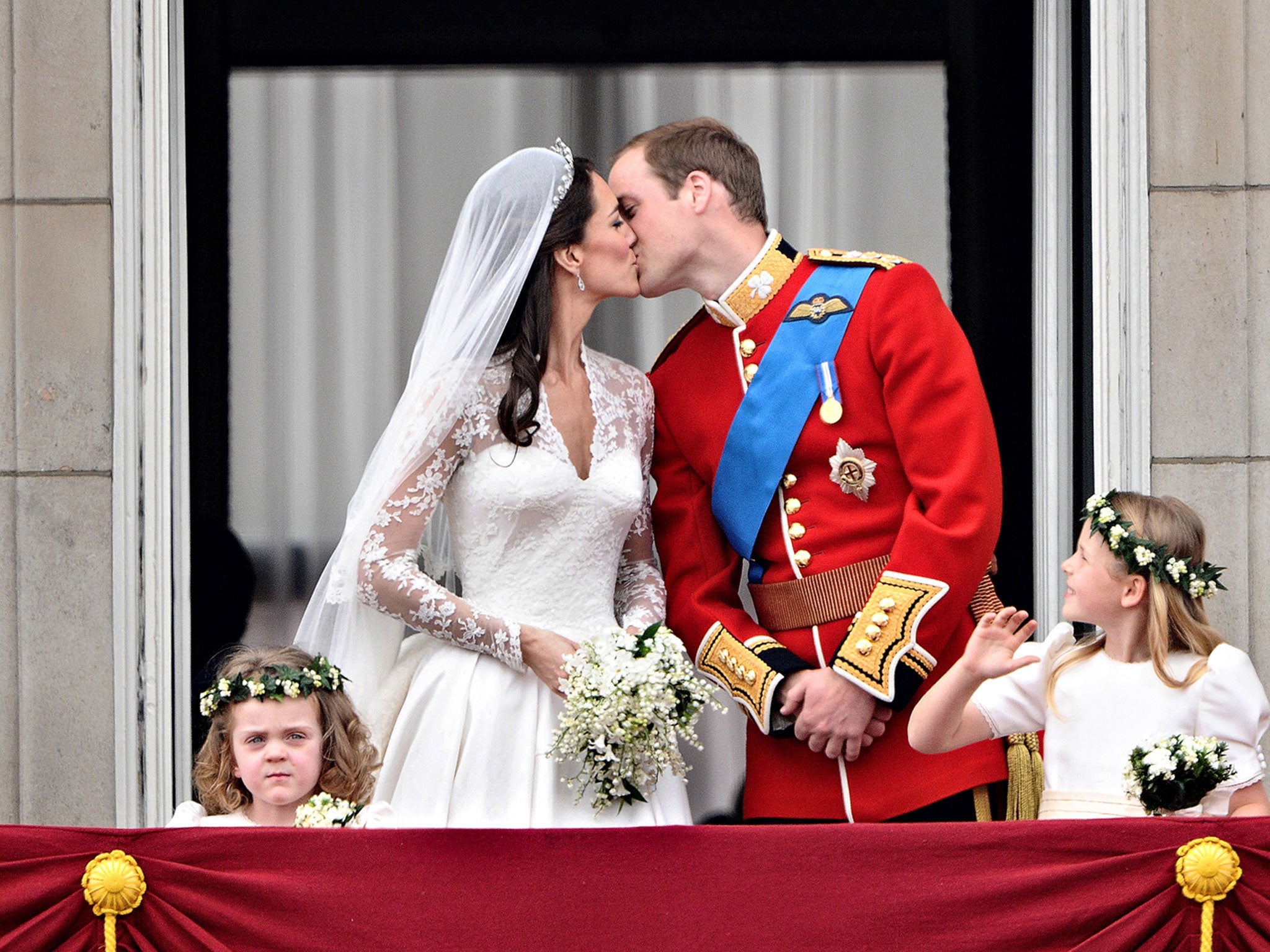Royal wedding protesters lose court appeal against Metropolitan Police
The 20 individuals had accused the Metropolitan Police of Prince "suppressing anti-monarchist sentiment"

Republican activists who protested at the wedding of Prince William and Kate Middleton lost a legal appeal on Wednesday, against a ruling on the conduct of the Metropolitan Police.
When a case brought by 20 individuals, who claimed they were the victims of unlawful searches and arrests, went to London's High Court in 2012, the Met were accused of effectively "suppressing anti-monarchist sentiment" at the time of the April 2011 event.
But Lord Justice Richards and Mr Justice Openshaw ruled the police, who argued that their action was justified and proportionate, had acted within their powers and were not guilty of operating an unlawful policy.
The 20 were among scores arrested or subjected to searches before or on the wedding day. One group involved 15 protesters arrested at various locations in London, including at a Starbucks in Oxford Street, Charing Cross and those attending the Queer Resistance "zombie picnic" in Soho Square.
Their lawyers said the case touched on "the most important of constitutional rights, namely the right to free expression and to protest, both of which are elemental to a properly functioning democracy".
The 2012 finding by the two judges is no longer the subject of challenge but an appeal was brought on behalf of four people, as test cases, on whether the deprivation of their liberty contravened Article 5 of the European Convention on Human Rights.
On Wednesday, Lord Justice Maurice Kay, Lord Justice Leveson and Lord Justice Aikens in the Court of Appeal said they were satisfied that the arrests and detentions were lawful pursuant to Article 5, which relates to liberty and security of person..
Dismissing the appeals, Lord Justice Maurice Kay said the court had decided that it was not bound to follow a recent decision by European judges in Strasbourg in this area, noting that it was neither a decision of the Grand Chamber , nor was it indicative of "clear and constant" Strasbourg jurisprudence.
PA
Join our commenting forum
Join thought-provoking conversations, follow other Independent readers and see their replies
Comments